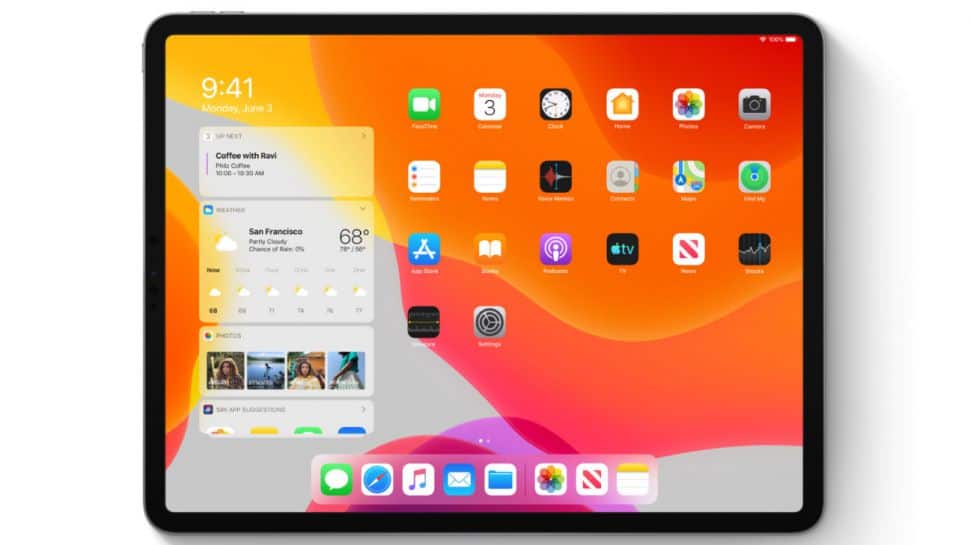
There’s been plenty of speculation over the past few months on Apple porting MacOS to the ARM platform. Apple’s SoC team has been on fire, producing industry-leading processors for the iPhone and iPad that can match, or even beat Intel’s offerings in certain tasks.
But with the announcement of iPadOS, I wonder if Apple has now changed directions and instead, is looking to bridge the gap between MacOS and iPadOS.
Ever since Apple introduced the iPad Pro, I have tried numerous times to replace my MacBook with an iPad when traveling, but that’s never worked out.
From a hardware perspective, the iPad has always been ahead of the curve but its iPhone-based operating system has always held it back. That changed with the announcement of iPadOS at WWDC 2019. Maybe that ARM-based Mac that we’ve been hoping for is actually the iPad growing up to become a replacement for some of our Macs.
Limiting factors: Lack of a proper file system and mobile Safari
I’ve had many work-related travels where assets and materials are offered through a USB drive – something that I just couldn’t work with on the iPad previously. I also carry a camera to events and take tons of photos and some video. Bringing those to the iPad has also been challenging.
With the new iPadOS, Apple is opening up the Files app to access external storage and also allowing third party apps direct access, so you should be able to import images directly to them.
I’ve tested the USB functionality and it works well, but for apps to have direct access to my SD card, we’ll have to wait till official versions of such apps which will only be released after the iPadOS is released in fall.
The second issue I’ve faced is mobile Safari where I am unable to access many specialized websites such as my bank’s website or the CMS at TechRadar. This is where Chromebook has been more usable than the iPad in the past.
The web browser is still my most used app on the Mac and while there are some iPad “apps” such as Google Docs etc., they’re usually under-powered versions of web apps. With iPadOS, Apple is trying to get websites to show the full desktop version, and I can confirm some sites that didn’t work well previously are now much better. Also, the iPad now supports downloads in Safari which, along with file management, makes it much closer to a computer.
Prior to WWDC, I had posted a tweet asking for three specific areas that I would love to see on the iPad to make it more Mac like, two of which I’ve stated above.
Apple is delivering on all three.
For my last request, Apple has added a new API called BackgroundTasks. I don’t really know how well this will work with third-party apps, so we will have to wait till iPadOS and compatible apps are released to take advantage of this to see any difference. But I’m hopeful this will allow apps such as email clients the ability to sync and download emails, or news readers to download new stories in the background instead of syncing data when the app launches.
There’s been quite a few other new additions to iPadOS such as widget support on home screen, gestures for copy/paste and undo, and multi-tasking features that improve handling of multiple apps. Also new is the ability to have multiple windows open within one app. And last but definitely not the least, the iPad now supports a mouse/trackpad.
The iPad Pro is the new MacBook
With all of these massive improvements that Apple has made to the iPadOS, it seems obvious that the direction they want the iPad to take is to replace your portable computer – whether that is a Chromebook, a Surface or a MacBook.
And if that is the case, then why work on porting MacOS to the ARM platform? The new Mac Pro is insanely powerful and based on the x86 architecture, where I think the MacOS platform will continue to stay.
But for portables such as the MacBook and MacBook Air, I’m not sure I see a bright future. The iPad will be replacing them sooner or later.

